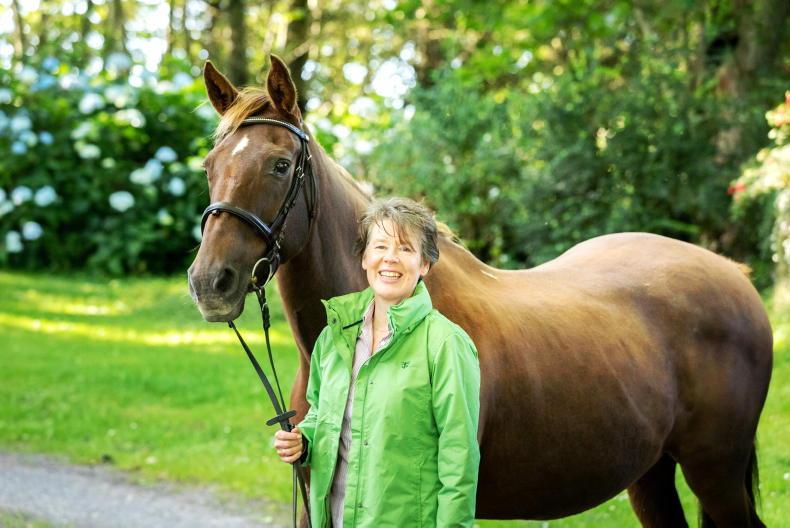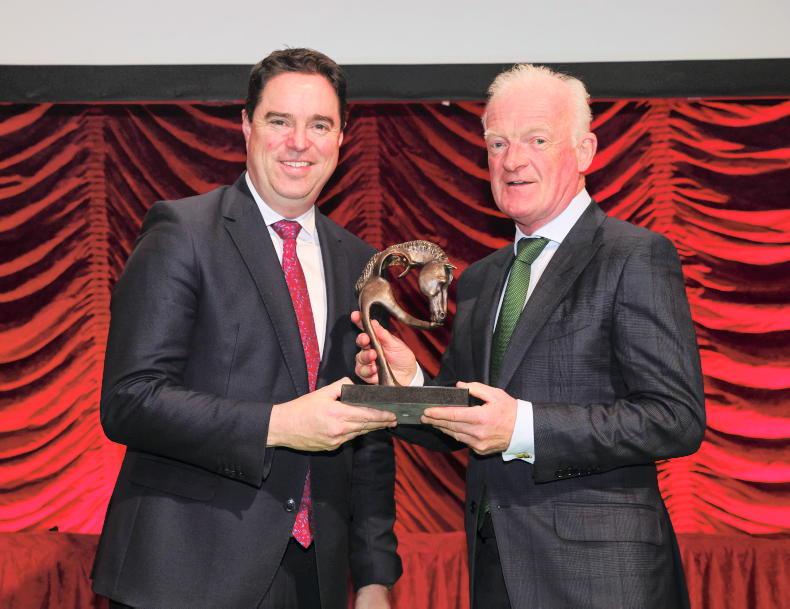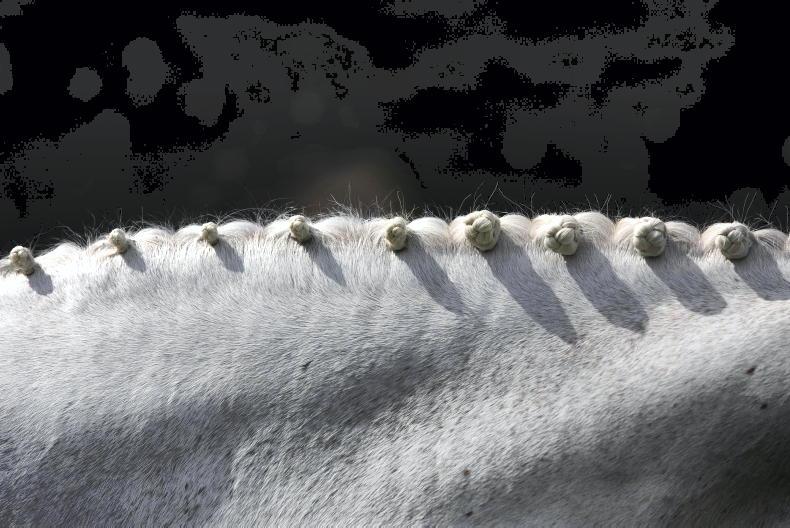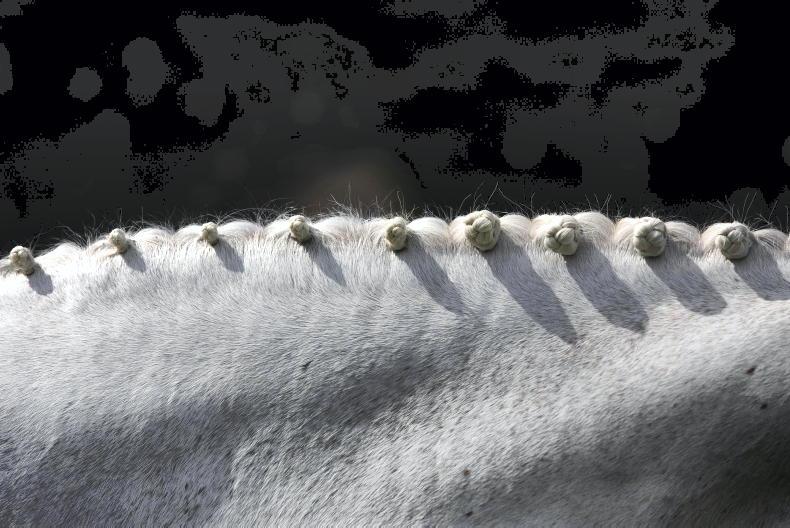IRISH racing authorities and administrators have been supplied with a list of well over 100 thoroughbreds bred and/or trained in Ireland who have been issued new passports in the Netherlands between 2017 and 2021.
The Irish-based horse owner who compiled the 18-page report and distributed it two years ago to high-ranking officials in Horse Racing Ireland, the Department of Agriculture, Weatherbys and the Irish Horseracing Regulatory Board, says that the response to-date has been “disappointing.”
How these retired or unraced racehorses ended up in the Netherlands without their original paperwork is unclear but it appears they were bought or collected by well-known dealers who legally exported them to the continent before selling them to Dutch dealers who are able to obtain new passports for the horses and sell them on as riding horses.
Many of the new horse owners use ‘Trace My Horse’ pages on Facebook to seek and share information on their new purchases. The thoroughbreds all have a microchip embedded under the skin on their necks which, when read by a scanner, allows them to be identified.
One Irish horse owner, who has carried out extensive research into the exporting of low-grade horses and wished to remain anonymous, said: “All these horses would have needed a passport in order to enter the country – why so soon after arrival are so many horses ‘losing’ their passports and needing new ones?
“They (thoroughbred) should all have been issued with duplicate passports as it would have been possible to track down from their microchip number which passport issuing office (PIO) they had been registered with originally. This hasn’t happened. They have all been issued with replacement passports, therefore losing their true identity.”
Asked what response they had received from racing’s administrators, the owner said a HRI director “basically said there was little they could do and it’s a shame all people don’t act the way we would like but we can’t make them all be decent.”
Weatherbys initially took a similar view, the owner said, believing that the wrongdoing was in the Netherlands so outside their jurisdiction. However, Weatherbys have been helpful in identifying Irish thoroughbreds found in the Netherlands and it appears Weatherbys did raise concerns with their counterparts in the Netherlands as “most of the thoroughbreds are now being sold with their Weatherbys passports.”
The Department of Agriculture only said they would hand the information to the appropriate section and gave no further updates.
Export trade
Explaining how the export trade works, the Irish owner said: “Dealers in the UK and Ireland have been buying up cheap ‘failed’ racehorses (usually for around €1,000-€1,500. They are being shipped out to the Netherlands to other dealers where they ‘lose’ their Weatherbys passports and are reissued with replacement passports from PIOs in the Netherlands.
“The original microchip number is retained but all other details are lost. Our sources tell us this is happening so that the dealers can disguise the fact that the horses are ex-racehorses, which are a harder sell than ‘normal’ riding horses.
“It also gives the opportunity in many cases to alter the horse’s age (sometimes by only a few years, sometimes by many years). Anecdotal and actual evidence shows severe neglect in many cases.
“Having been bought cheaply the dealers are able to resell them relatively cheaply (for between €4,000 and €6,000). They are targeting the inexperienced low-budget market who do not recognise what they are buying and who often wouldn’t go to the expense of having the horse vetted before they buy it. Some end up in happy suitable homes, some do not.
“We do not believe there is intentional abuse of these horses by the new owners but they are often ill-equipped to know how to ride or manage a thoroughbred and welfare issues arise from this.
“In the UK and Ireland there is great help and support for buyers of ex-racehorses through the likes of ROR and Treo Eile as well as many other charities. There is no such support in the Netherlands.
“The worst dealers feed the horses very little (they are often already very thin when they arrive), some take their shoes off so they are sore on the feet and therefore less likely to be lively and misbehave. The buyers feel sorry for them and love them because they seem so quiet and gentle. They then find they have a very different animal when they start to feed and care for them.
“There is a ready market for cheaper horses because a well-produced riding horse in the Netherlands will cost €10,000-plus.
“The trade was at its strongest during Covid. Since Brexit there have been fewer horses from the UK but still many from Ireland. The dealers are also taking ex-racehorses from France.
“The trade has slowed down recently as the cost-of-living crisis starts to bite – but when demand resumes the trade will resume.
“Some of them are being sold with their original Weatherbys passport but as you will see this does not necessarily spare them the abuse.
“It is also reported that horses and ponies are still being exported from the Netherlands in overcrowded conditions, with some dying en-route, for slaughter in other countries. There is every possibility that this is the fate of some of the British and Irish ex-racehorses.”


 This is a subscriber-only article
This is a subscriber-only article
 It looks like you're browsing in private mode
It looks like you're browsing in private mode










SHARING OPTIONS: